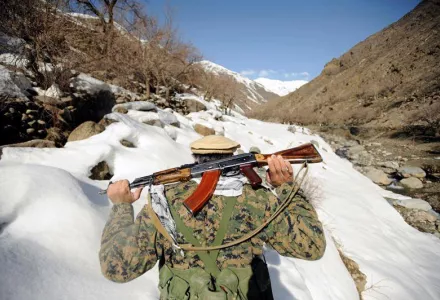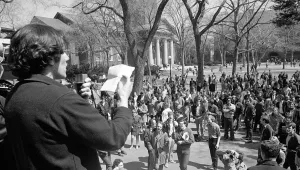Failed Assumptions and Missed Opportunities: The American Way of War and Its Implications in Afghanistan
Speaker: Lt. Col. Patrick Kolesiak, Research Fellow, International Security Program
This seminar will be online. Please join us remotely via Zoom! Click here to join.
As America pursues a negotiated peace deal with the Taliban and Afghan government, it is critical to return to analyze how a war that was supposed to last mere months turned into "America's Longest War." The failure of U.S. policy in Afghanistan was catastrophic misalignment between a rapidly emerging strategy in Afghanistan and the triad of "ends, ways, and means." This talk seeks to specifically explore how a divergence between a "Washington Way of War" and a "U.S. Military Way of Battle" led to failed assumptions, mismatched objectives, and missed opportunities. The speaker will explore six key mistakes made during the waning days of combat operations and the movement into post-conflict stability operations.
This seminar will be online. Please join us remotely via Zoom! Click here to join.




